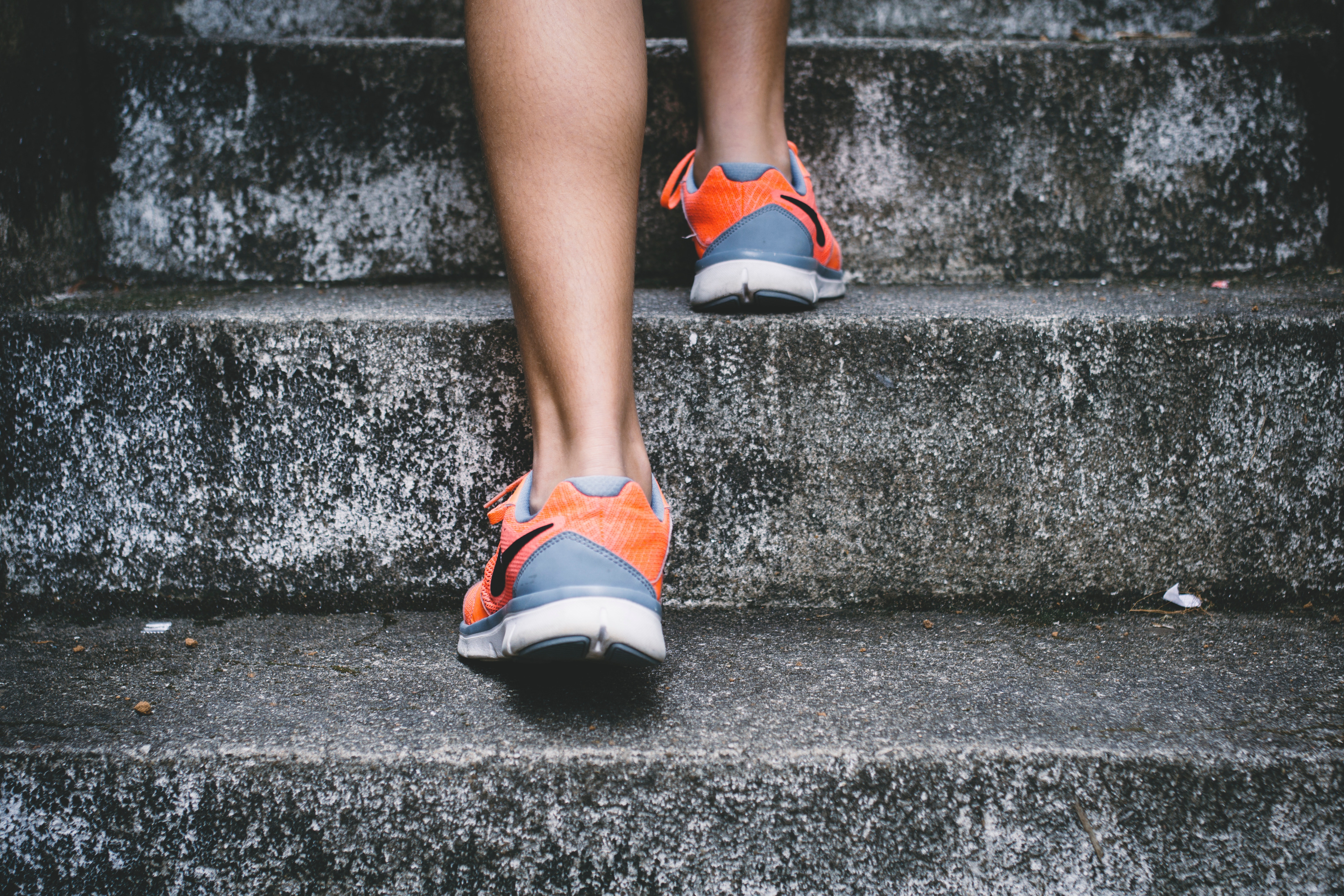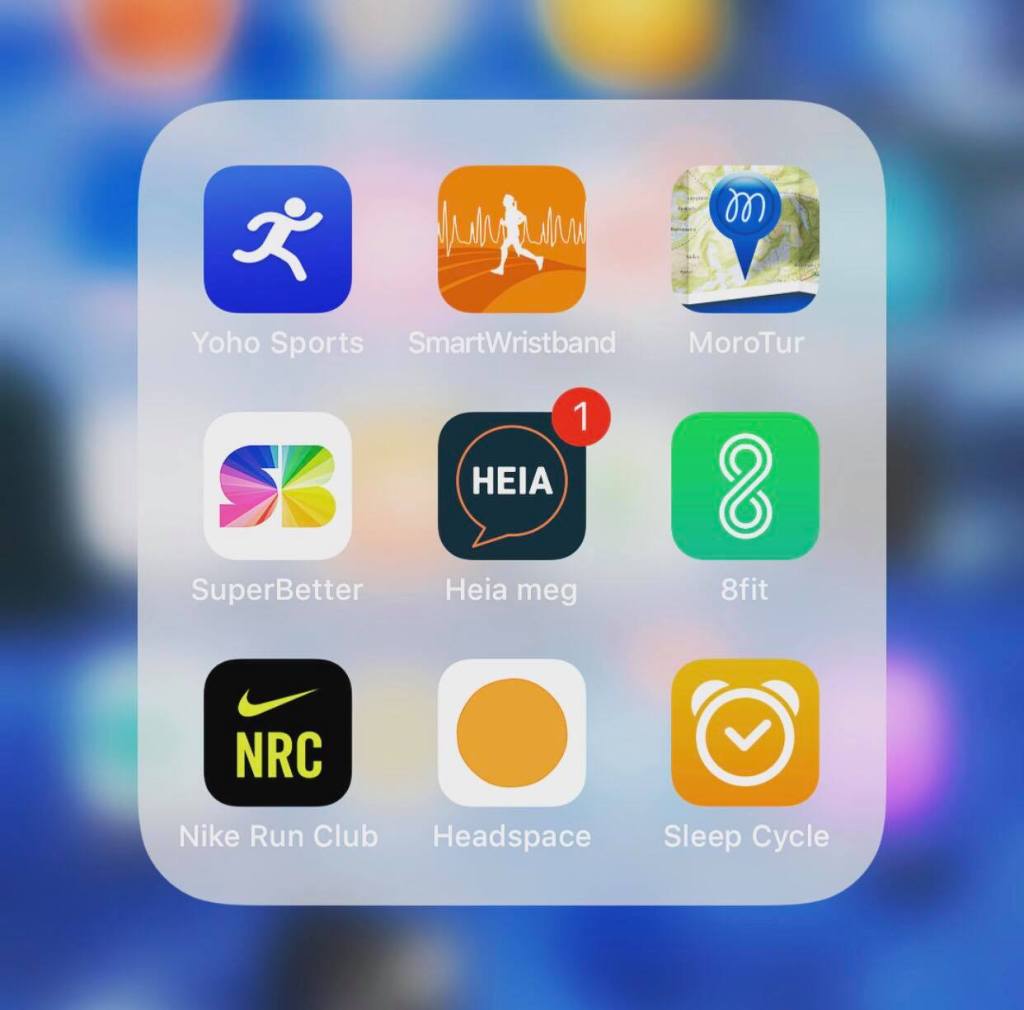Social media and my smartphone has become a vital part of so many aspects of my life. From talking to my friends on social media, entering my bank account, to keeping me updated on fresh news. Social media have changed a lot since it came, because now you are not just liking and commenting something, you can also get your news, shop and have conversation with the brand you shopping from, all at the same site. Sosial media is here to stay and when you think of it, it has become a big part of our day to day life.

Have we become too addicted to social media ? As a communication student I am over average interested in social media and the ways to use it. Specially now when I am doing an internship at a communications department, it feels like I am constantly having my nose down at my phone screen scrolling through social media. It is so easy to just get lost in the social media universe. You know when you just have a spare moment and going to take a quick look at social media, and before you know it it is not just a moment that have gone by but two hole hours. With 3,2 billion daily active social media users, this scenario probably happens to a few of us once or twice.( Maryam Mohsin,2019)
When I started learning about gamification I got a real awakening about the ways social media is designed to motivate us to keep on using it. Even dating apps like Tinder and happn are designed for you to keep “playing the game”. Gamification combines two types on motivation to keep you motivated by using extrinsic rewards that you typically find in games such as levels, points and badges and to also wanting you to strive to raise feelings of achievement, autonomy and belonging.(Muntean, 2011) Both points and badges is something you can find in almost any social media platform in forms of both likes, comments and trophies.

Facebook have began using badges with their newest features “top fan” and “valued commentator” and is a smart way to get both the users and the side/group owners motivated to use facebook actively. The badges are displayed right beside your name on facebook, and are awarding you if you are active on a page/ group or if you frequently comments on a page/group. Snapchat is also using different gamified elements to motivate us to keep being active users. One of them is the trophies you get when you have completed certain missions like “reward for having sended a snap between four and five in the morning”. Another gaming element on snapchat is something I remember was very important to have, often with your best friend or boyfriend when snapchat first came out. Actually when I start thinking there were two very important elements, and that was the strike and the heart badge. They are still there, but maybe more popular for teenagers then people my own age.
So as you can see there are several ways that social media uses to trick or motivate us to keep “playing the game” and stay active. So back to my question of having I become addicted to social media. The answer is probably yes, I have a small and growing addiction to social media and a big fear of FOMO(fear of missing out). So much that it is becoming kind of a problem, when I have to do important things that sometimes kan be a bit boring, like studying. A few days ago, in the middle of juggling two assignment and working at my internship, I remembered a friend at uni that used a program on her mac to block social media sites when she was studying. I instantly began researching if there was an gamified app for that, because why not, when there are gamified apps for almost everything. And luckily I found a website that recommends 7 apps that help you limit time on social media. So check it out you too! I am definitely trying one off them next time I have to work on school work.
References
Muntean, C. I. (2011). Raising engagement in e-learning through gamification. Proceedings 6th International Conference on Virtual Learning ICVL (pp. 323–329), Cluj-Napoca, Romania, Europe.
Maryam Mohsin,2019 10 Social Media Statistics You Need to Know in 2019, Oberlo.com https://www.oberlo.com/blog/social-media-marketing-statistics
Srishti Sisodia 2019, 7 Best Apps That Block Social Media On iPhone And Android,Systweak https://blogs.systweak.com/best-iphone-apps-that-block-social-media/?fbclid=IwAR06fOYIxiCUNsBgQ73MES1McHU9D4tFNnNUYKD-BCKL8IWsRywuaAhT1JY
head Photo by Anthony Tran on Unsplash
Photo by ROBIN WORRALL on Unsplash

